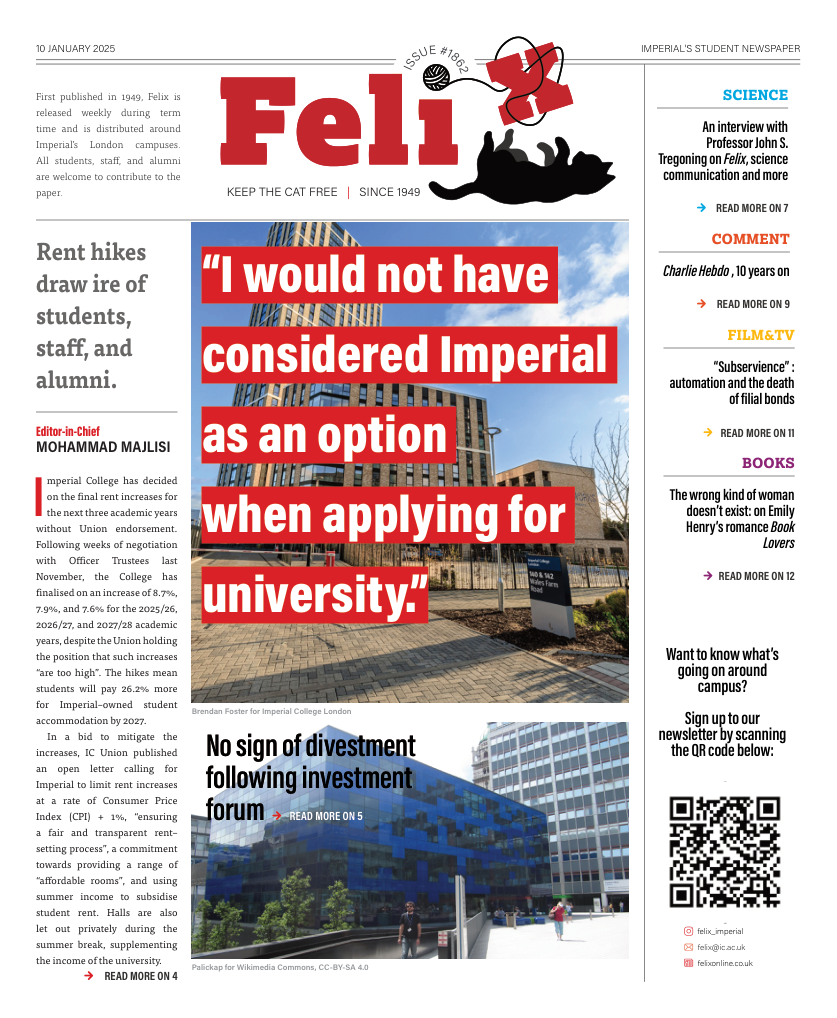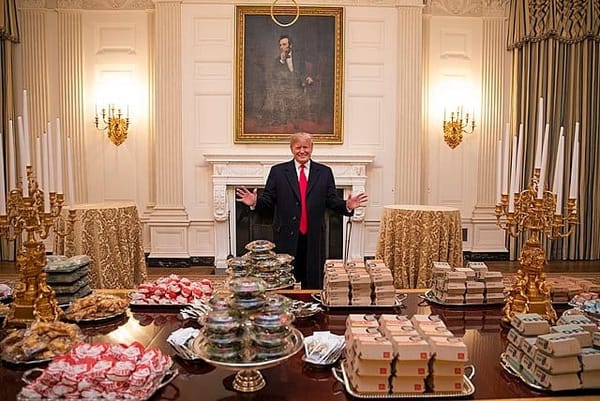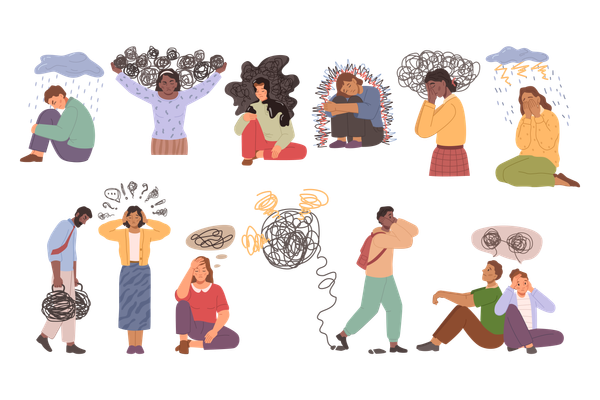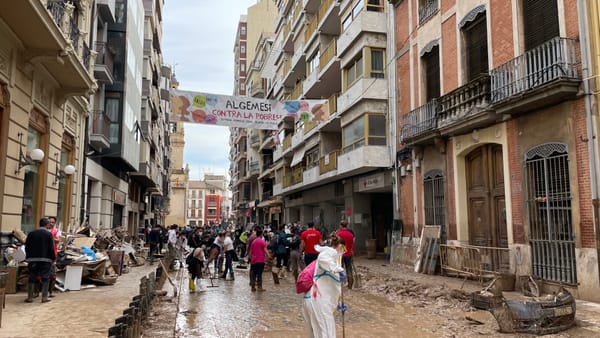Je serai toujours Charlie
So that the events of January 7, 2015 never cease to be shameful.
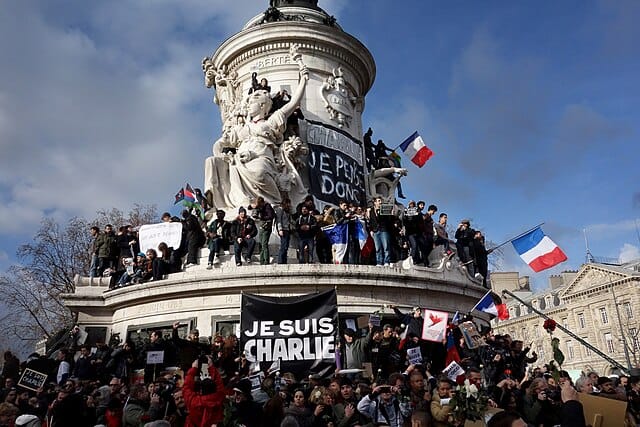
Ten years ago, on January 7, 2015, two armed jihadists, affiliated with Al-Qaeda, broke into the offices of the satirical newspaper Charlie Hebdo in Paris, and opened indiscriminate fire on its editorial team. Eleven men and one woman died that day.
As macabre as the killing itself were the ambiguous responses various parties gave. It is my opinion that anyone who believes murder is an appropriate answer to a drawing is a fundamentally dysfunctional human being, and a danger to society. It is also a reality that some individuals will commit heinous crimes. The complacency of wider social circles, however, is a sign of societal morbidity. The “yes, but…” anaphora that stained so many official and personal reactions at the time – that is, when the former concession was present – is nauseating.
It was also symptomatic of a wider issue of radicalisation, of European governments’ unabated failing in putting an end to Islamist terrorism. It would be my greatest pleasure to argue that, ten years later, the Kalashnikov-wielding spectre haunting Europe is gone. But the dreadfully long list of attacks that have happened since robs me of it. Every time such a crime is committed, the victims are generously paid back for their unwilling sacrifice with a plethora of emotional social media posts, an affected presidential speech, and sometimes a completely inconsequential law promising to tighten security, monitor radicalised individuals or perform any other task far beyond the scope and budget of a European government in 2025.
This isn’t good for anyone. A popular French aphorism has it that “if idiots could fly, we wouldn’t see the sun”, and idiots excel at conflations. The rise of the far-right in Europe has in good part been stimulated by brainless Islamophobia; incompetent bigots solely elected over the tacit promise of curbing the religion’s spread in Europe. The FPÖ, Austria’s major far-right party tasked on Monday with forming a governmental coalition, the National Rally with its unprecedented influence over the French parliament, or even Nigel Farage’s multiple parties owe a good part of their electorate to fatigue-fueled sectarianism.
These trends must be fought. Not only do these ideologies exude xenophobia and reject non-Western thought, they too often stand against the very things they claim to defend, principles that have made the West an enjoyable place to live: democratic rule, personal rights and freedom of speech. Alarmingly few people today seem to hold these issues dearly, and yet they are the basis of all other freedoms. There is no use in being a partisan militant if there are no elections. There is no use in loving poetry if books are burned. There is no point in hoping if your longings are repressed.
Ten years ago, the editorial team of Felix noted that “the right to offend is not a comfortable one to defend”, and they were right. In an age of widespread ethnic and cultural intermixing, where religion worldwide again finds long-lost place as a vector of identity, and at a time where a man who once supported a self-branded “Muslim ban” is democratically elected president of the world’s most influential nation, the sensitivity to religious insult is high. Charlie Hebdo was not by any standard an eye-opening, subtle or intellectual publication, and vocal criticism of its offensiveness came from people of all backgrounds and creeds.
Defending Charlie, when outrage for the crime has waned, is uncomfortable in another way. The shift in the public perception of satire that resulted from the killing nudged many more commentators to self-censor. A lingering precedent was set for violence, making it hard to tell whether the many apathetic mouths were uninterested or shut by fear. Tellingly, although I hold no intention whatsoever of causing offense, I was convinced by my family to submit this piece anonymously. I don’t believe they, or anyone else, would have even though of safety risks a few decades ago.
This brings me to the importance of memory. The difficult truth is that time is a powerful moral insulator. Outside of the lawlessness of online platforms, very few would joke about the 2001 attacks. The same can’t be said of similarly grueling yet older events. Does anyone still pay hommage to the victims of the massacres committed by Emperor Caracalla? Odds are you’ve never heard of those: there are only so many things one can remember about the past. And undeniably, the people that precede us seem less real, less human even. Personal, familial, cultural, and linguistic connections are gradually lost, as faces of flesh turn to names on paper. I therefore believe it is our duty to give light to the names of the cartoonists, the journalists, the bodyguard, the policeman and the maintenance worker whose deaths reminded the world that our society is as vulnerable to atrocity as it ever was.
Frédéric Boisseau
Franck Brinsolaro
Cabu
Elsa Cayat
Charb
Ahmed Merabet
Mustapha Ourrad
Bernard Maris
Bernard Verlhac
Georges Wolinski
Philippe Honoré
For as long as I will have a mouth to profess it, je serai toujours Charlie.

